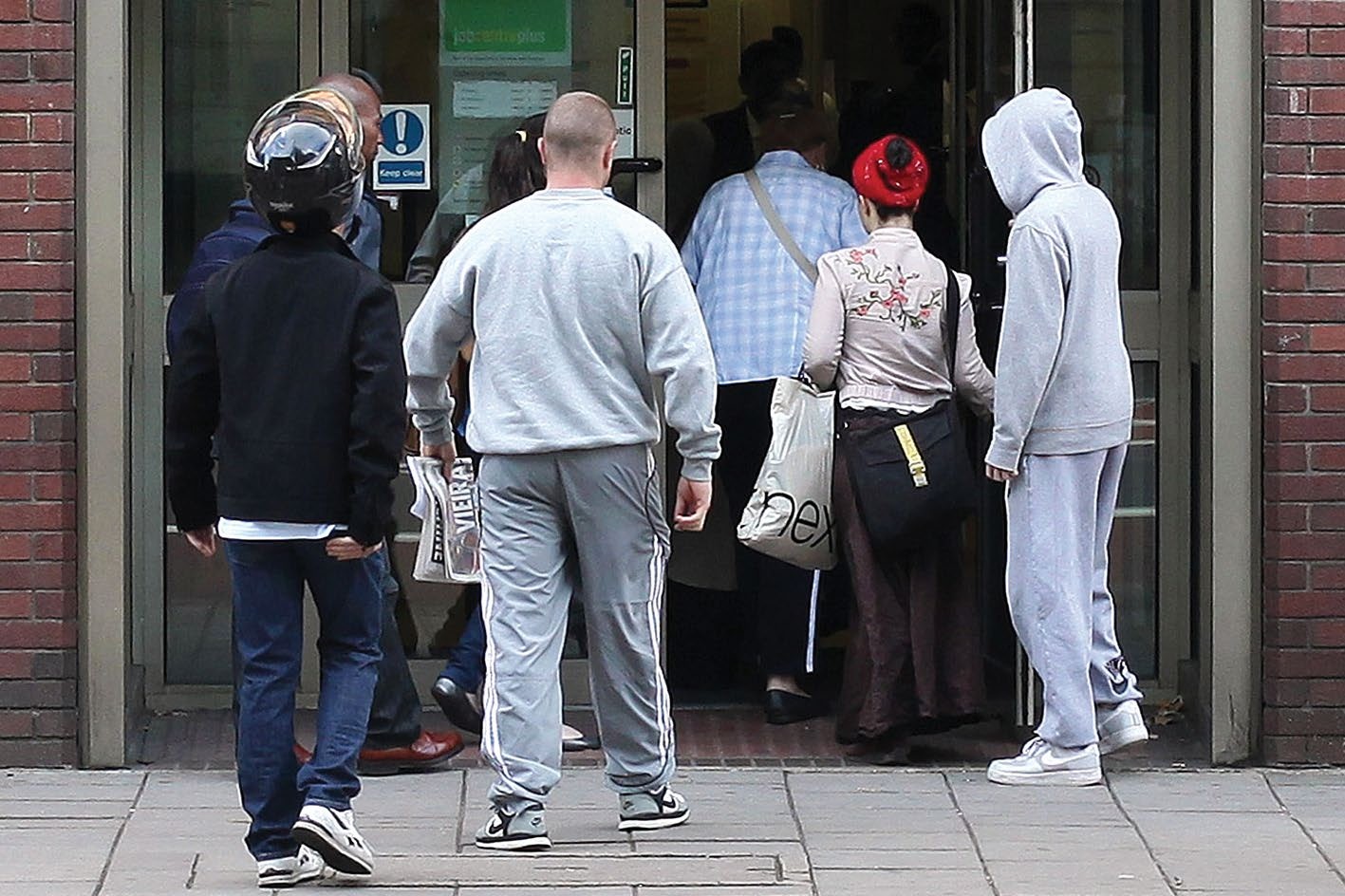Recovery Loan Scheme: the latest government aid package for small businesses
The Recovery Loan Scheme will help companies weather the pandemic


Get the latest financial news, insights and expert analysis from our award-winning MoneyWeek team, to help you understand what really matters when it comes to your finances.
You are now subscribed
Your newsletter sign-up was successful
Want to add more newsletters?
Last week saw the launch of the Recovery Loan Scheme (RLS), the latest government programme for firms hurt by Covid-19. It replaces all the plans unveiled a year ago. Ministers say the RLS will be available until at least the end of 2021, though it is less generous than its predecessors.
Businesses can borrow up to £10m through the RLS, with the loan repayable over a term of up to six years. The state guarantees up to 80% of the loan, enabling banks and other providers to lend more widely and generously. Firms can set the borrowing up as a conventional bank loan or overdraft, or opt for an asset-finance or invoice-finance arrangement.
The scheme is open to all businesses irrespective of turnover, and companies that borrowed through the previous schemes can apply for further finance from the RLS. To be eligible, businesses must certify that they have been negatively affected by Covid-19: that they have been unable to trade, for example, or that sales have fallen. But they can use RLS finance however they see fit, from managing cashflow to funding new investments.
Try 6 free issues of MoneyWeek today
Get unparalleled financial insight, analysis and expert opinion you can profit from.

Sign up to Money Morning
Don't miss the latest investment and personal finances news, market analysis, plus money-saving tips with our free twice-daily newsletter
Don't miss the latest investment and personal finances news, market analysis, plus money-saving tips with our free twice-daily newsletter
Unlike with the previous schemes, the government is not picking up the cost of the first year of interest charges or any fees that may be payable to set up the finance. The loans come from banks accredited by the British Business Bank to take part in the scheme, including the main high street banks, with the state leaving providers to set their own terms. But it has warned lenders it expects costs to reflect the economic benefit of the guarantee it is providing – and lenders will not be allowed to ask for personal guarantees from company directors on loans of less than £250,000.
The upshot is that the RLS is likely to be more expensive for many businesses than the schemes it replaces; the six-year term of loans, compared with ten years for previous programmes, also means repayments will be higher. Some businesses may even be able to secure a better deal through more conventional arrangements not backed by the government, so it is worth discussing these with lenders.
Consider other options
This scheme is drawn with wider terms than the three separate ones it replaces, seeking to meet the needs of businesses of different sizes, including both sole traders and limited companies. For the smallest firms in particular, other options may be better. The British Business Bank’s Start Up Loans scheme offers advances of up to £25,000 for firms in their first two years of trading at a fixed rate of 6% a year.
Still, the fact that RLS money can be used for any legitimate business purpose is particularly valuable. For some, it may make sense to use the finance to repay previous borrowing taken out on more expensive terms.The British Business Bank has full details of the scheme, and participating lenders, onbritish-business-bank.co.uk. You needn’t be an existing customer of a lender to apply to it for an RLS loan.
Get the latest financial news, insights and expert analysis from our award-winning MoneyWeek team, to help you understand what really matters when it comes to your finances.

David Prosser is a regular MoneyWeek columnist, writing on small business and entrepreneurship, as well as pensions and other forms of tax-efficient savings and investments. David has been a financial journalist for almost 30 years, specialising initially in personal finance, and then in broader business coverage. He has worked for national newspaper groups including The Financial Times, The Guardian and Observer, Express Newspapers and, most recently, The Independent, where he served for more than three years as business editor.
-
 What do rising oil prices mean for you?
What do rising oil prices mean for you?As conflict in the Middle East sparks an increase in the price of oil, will you see petrol and energy bills go up?
-
 Rachel Reeves's Spring Statement – live analysis and commentary
Rachel Reeves's Spring Statement – live analysis and commentaryChancellor Rachel Reeves will deliver her Spring Statement on 3 March. What can we expect in the speech?
-
 UK small-cap stocks ‘are ready to run’
UK small-cap stocks ‘are ready to run’Opinion UK small-cap stocks could be set for a multi-year bull market, with recent strong performance outstripping the large-cap indices
-
 The scourge of youth unemployment in Britain
The scourge of youth unemployment in BritainYouth unemployment in Britain is the worst it’s been for more than a decade. Something dramatic seems to have changed in the labour markets. What is it?
-
 In defence of GDP, the much-maligned measure of growth
In defence of GDP, the much-maligned measure of growthGDP doesn’t measure what we should care about, say critics. Is that true?
-
 Reach for the stars to boost Britain's space industry
Reach for the stars to boost Britain's space industryopinion We can’t afford to neglect Britain's space industry. Unfortunately, the government is taking completely the wrong approach, says Matthew Lynn
-
 "Botched" Brexit: should Britain rejoin the EU?
"Botched" Brexit: should Britain rejoin the EU?Brexit did not go perfectly nor disastrously. It’s not worth continuing the fight over the issue, says Julian Jessop
-
 'AI is the real deal – it will change our world in more ways than we can imagine'
'AI is the real deal – it will change our world in more ways than we can imagine'Interview Rob Arnott of Research Affiliates talks to Andrew Van Sickle about the AI bubble, the impact of tariffs on inflation and the outlook for gold and China
-
 Tony Blair's terrible legacy sees Britain still suffering
Tony Blair's terrible legacy sees Britain still sufferingOpinion Max King highlights ten ways in which Tony Blair's government sowed the seeds of Britain’s subsequent poor performance and many of its current problems
-
 How a dovish Federal Reserve could affect you
How a dovish Federal Reserve could affect youTrump’s pick for the US Federal Reserve is not so much of a yes-man as his rival, but interest rates will still come down quickly, says Cris Sholto Heaton